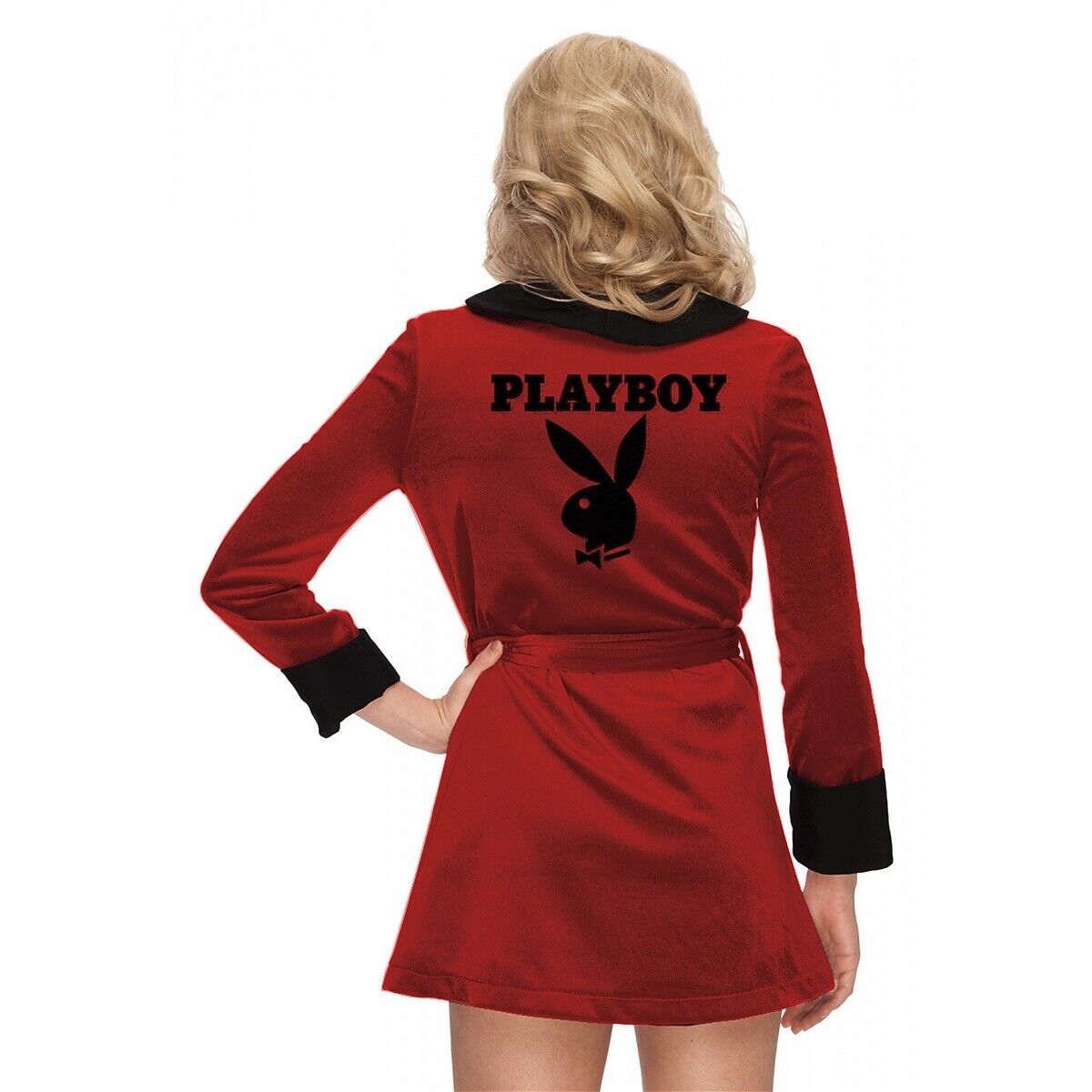
Political Commentators:
Political commentators can offer insight into the political impact of the Hugh Hefner costume on society. They may consider the ways in which the costume reflects larger political issues related to gender, sexuality, and power, such as debates over reproductive rights or workplace harassment. They may also consider the ways in which the costume has been used politically, such as in protests or political campaigns.
Political commentators may also evaluate the ways in which the Hugh Hefner costume has been challenged and resisted by different social groups. They may consider the ways in which feminists, LGBTQ+ activists, and others have criticized and challenged the costume, and the ways in which these challenges reflect broader social and cultural trends related to advocacy and activism.
Social Scientists:
Social scientists can offer insight into the social impact of the Hugh Hefner costume on society. They may consider the ways in which the costume reflects larger social issues related to gender, sexuality, and power, such as the impact of media representations on self-esteem or the role of popular culture in shaping attitudes towards gender and sexuality. They may also consider the ways in which the costume has been used in different social contexts, such as its use in Halloween celebrations or in other cultural events.
Social scientists may also evaluate the ways in which the Hugh Hefner costume has been challenged and resisted by different social groups. They may consider the ways in which these challenges reflect broader social and cultural trends related to advocacy and activism, and use these insights to inform their research.
Journalists:
Journalists can offer insight into the cultural impact of the Hugh Hefner costume on society. They may consider the ways in which the costume reflects broader cultural trends related to fashion, entertainment, and consumer culture. They may also consider the ways in which the costume has been used in different cultural contexts, such as its use in Halloween celebrations or in other cultural events.
Journalists may also evaluate the ways in which the Hugh Hefner costume has been challenged and resisted by different social groups. They may consider the ways in which feminists, LGBTQ+ activists, and others have criticized and challenged the costume, and the ways in which these challenges reflect broader social and cultural trends related to advocacy and activism.
Media Critics:
Media critics can offer insight into the ways in which the Hugh Hefner costume has been represented in media, and the impact of these representations on society. They may analyze the ways in which the costume has been used in different forms of media, such as in films, television shows, or advertisements. They may also consider the ways in which these media representations reflect broader cultural and historical trends related to gender, sexuality, and power.
Media critics may also evaluate the ways in which the Hugh Hefner costume has been challenged and resisted by different social groups. They may consider the ways in which these challenges reflect broader social and cultural trends related to advocacy and activism, and the ways in which media representations may either reinforce or challenge these trends.
In conclusion, the impact of the Hugh Hefner costume on society reflects broader cultural and social trends related to gender, sexuality, and power. Political commentators, social scientists, journalists, and media critics can all offer insight into the impact of the costume on society and the ways in which it reflects changes and continuities in societal attitudes towards these issues. The controversy surrounding the Hugh Hefner costume highlights the importance of considering the impact of fashion and entertainment on society, and the need for critical engagement with these industries.